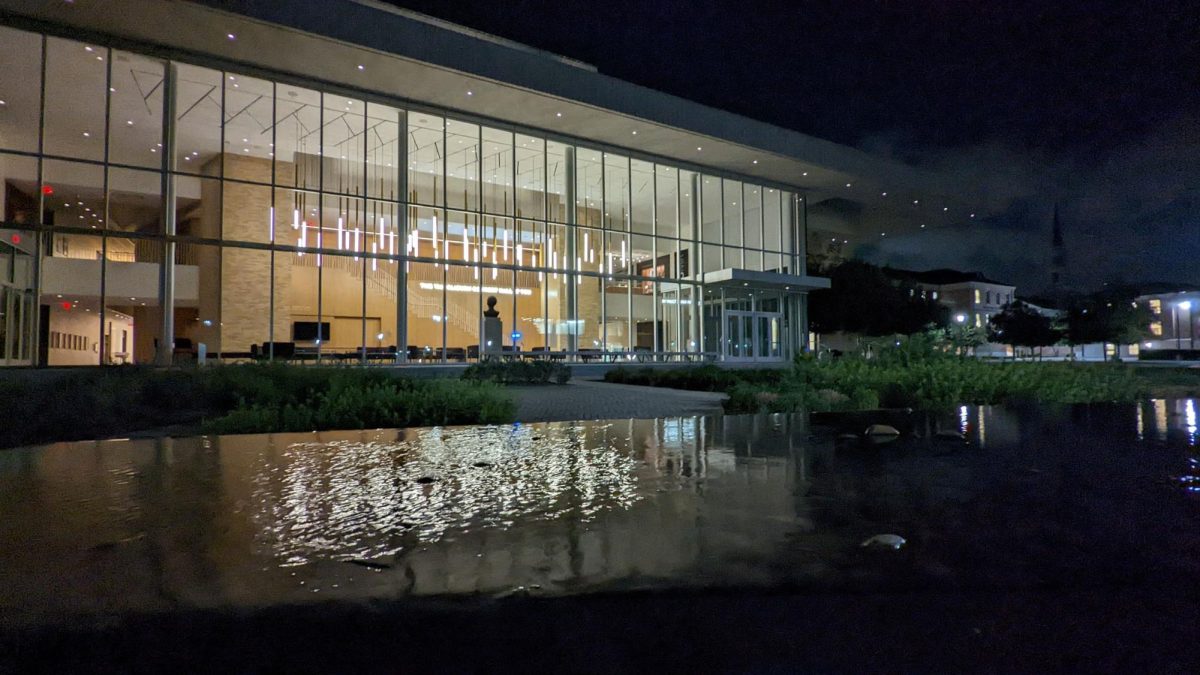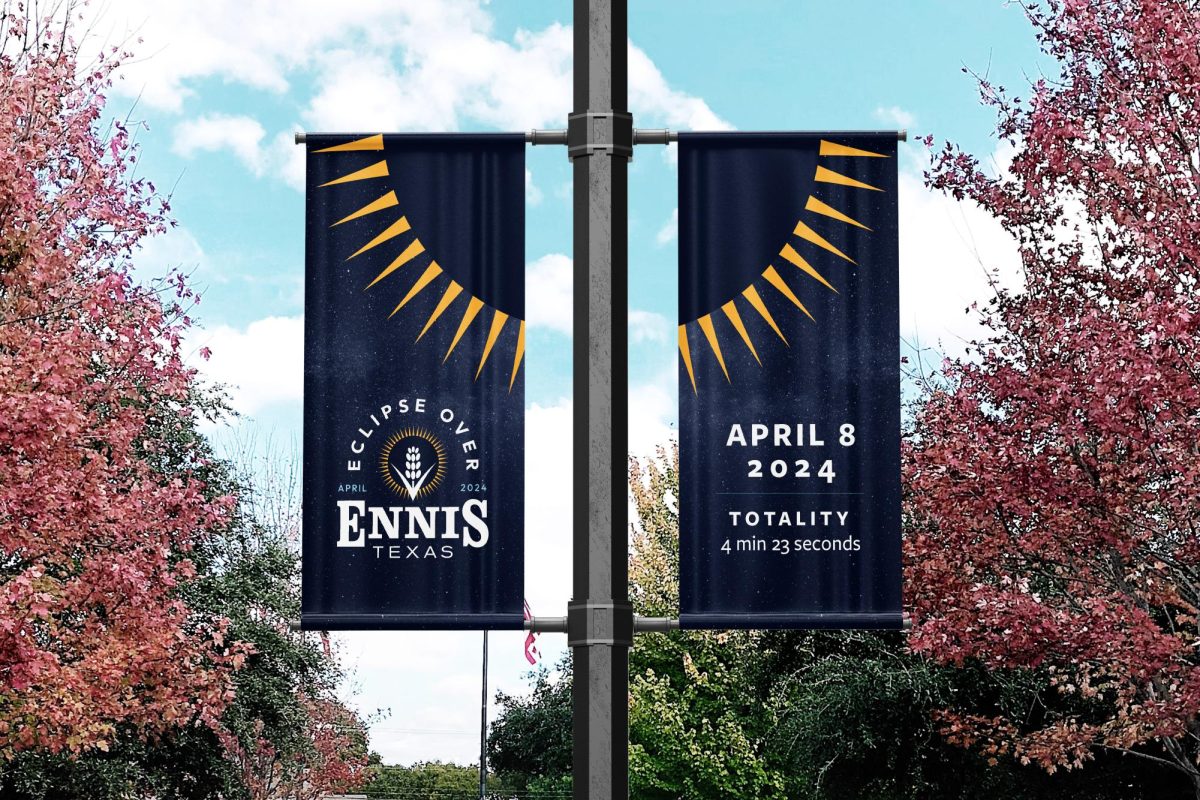Despite plans to add a sixth patrol division to address slow police response times, the Fort Worth Police Department is facing a shortage of recruits and is losing more officers each month than it’s hiring.
Negative attitudes toward policing, a strong economy and the rigor of the training process have contributed to the critical shortage of applicants and increased attrition, the rate at which officers leave the department, said Sgt. Steven Enright, Fort Worth Police Department spokesman.
“Like everyone, we’re experiencing difficulty in recruiting because being a police officer is neither popular nor glamorous right now,” Enright said.
Still, Enright said the sixth patrol division is a priority, and there is no plan to delay its opening.
“We’ve got to have that fully staffed,” said City Councilman Cary Moon, who represents the northeastern part of the city.
The problem in Fort Worth
The need for the new patrol division and the addition of 40 new officer positions comes after a July report from City Manager David Cooke to the city council. Response times for Priority 1 calls, which indicate an immediate threat to life, have increased citywide by more than one minute since 2011.
This year response times have averaged 9 minutes, 44 seconds. Response times have increased the most in the northern part of the city, spurring plans to open a new patrol division there and staff it with 40 officers.
Staffing the new division, however, will be difficult for the city, as vacancies for sworn officers have more than doubled over the last year. According to documents obtained by the city, last year there were an average 12 open positions each month in the department. This year, the department has an average of about 42 officer positions open each month. The department lost more officers than it gained in 2015– for the first time since the city started tracking the data in 2012.
A city report predicts civil service vacancies will continue to grow through March 2016, when the department plans to graduate its next class of new officers. But, it predicts vacancies to rise again by early 2017.
Enright said the city has a plan in place to hire 150 new officers in the next year. “But it won’t keep up with the current attrition rate,” he said.
Finding those recruits won’t be any easier for the department either. Applicants to the city’s police academy have steadily declined since 2013. Fort Worth holds one to two in-house training academies a year and they typically last about five months. Before applicants are accepted into the academy, they must pass a civil service exam and background check.
In 2010 and 2011 when only one academy was held each year, the department received about 2,500 applications each year. This year, the city held two academies and received about 1,800.
“We were really hoping to get a lot more,” said Officer John Choyce, lead recruiter for the Fort Worth Police Department.

Not only are fewer people applying, the number of applicants who actually take the civil service exam has also decreased throughout the last few application cycles —by 17 percent since October 2013.
The situation is even more severe in other places like California. In September, the Desert Sun reported that in the past five years, openings on a government law enforcement job board grew to six times as many.

The shortage nationwide also makes it hard for Fort Worth to stay competitive, said Lt. William Hix of the Fort Worth Police Department’s training division.
A tough time for policing
Ronald Burns, professor of criminal justice at Texas Christian University said the growing economy is a major reason fewer people want to be officers. He explained that when the economy is good, people don’t want to go through the rigorous application process required to become a police officer. Applications to the Fort Worth police academy dropped by more than 600 from 2013 to 2014 as the economy rebounded.
“The standards to become a police officer and the hoops they make you jump through—they require a lot of their recruits,” Burns said. “To wait six to eight months for a job that you may not get, assuming you meet all their requirements, isn’t as attractive as it once was.”
Burns said police departments are also having trouble hiring because of negative attitudes towards law enforcement after allegations of police brutality in places including Baltimore and Ferguson.
“It’s a difficult time for policing right now,” Burns said.
Choyce said keeping applicants is just as hard as finding them. He said roughly only 70 percent of applicants show up for the civil service exam.
“And then of that number, how many of them actually meet the requirements to be a police officer?” Choyce said.
In addition, not all trainees graduate from the academy. The department loses several trainees each time because people can’t meet fitness and academic standards. So if there are 40 people in an academy, it’s possible only about 32 will graduate, Choyce said.
How Fort Worth plans to find cops
Fort Worth is trying to combat the problem in several ways:
- Recruiting officers from nearby cities
- Adding more police academies each year
- Focusing efforts on in-state recruits after a period recruiting primarily outside of Texas
- Seeking out more minorities
Fort Worth has poached 20 officers from other Texas cities this year, fourteen came from Dallas. This was a practice that used to be frowned upon, Burns said.
However the Fort Worth department plans to hire more officers from other departments next year. Enright said the department is asking for a revamp of the city contract regarding these hires. If approved by the city council, it would allow the department to hire 75 officers trained in other cities annually, instead of the 30 currently allowed.
The department is also considering adding more academies and offering exams more frequently.
When the department tests more frequently, Choyce said, the applicant pool improves. Most major cities test several times a year, he said.
“Dallas tests every month,” Choyce said. “We test once or twice a year, which is unsatisfactory.”
City Manager David Cooke said he doesn’t anticipate a long-term problem with recruiting because academy classes can be added or dropped as needed.
“Usually the replacement of vacancies and the hiring of new officers is dependent upon the number of recruit classes each year,” Cooke said.
The department is also adjusting the way it recruits. Like many cities, Fort Worth has spent the last few years sending recruiters around the country to scout for officers.
A recruiting report shows Choyce and his recruitment team visited 39 campus career fairs in 2014 and more than 50 already in 2015.
“In one week, I could be in California, New York, Maryland,” Choyce said. “In the last few years, I’ve been all over the place.”
He said Fort Worth is an easy sell to out-of-statersbecause of the low cost of living and the relatively high salary.
Building a police force
Fort Worth is trying to reverse loss of officers by building a police force that looks demographically similar to the city, Choyce said. By diversifying, departments can try to address the common criticism that officers are predominantly white and hostile toward minorities.
In Fort Worth, 17 percent of sworn officers are Hispanic compared to 34 percent of the population. Eleven percent are black compared to 19 percent of Fort Worth’s population.
The Fort Worth Police Department is visiting more universities with majority black student bodies. Burns said departments are trying to recruit more women by advertising in places like all-female gyms.
About three trainees in a recruiting class of 32 are black, Choyce said. It’s slightly higher for Hispanics, Choyce said. “But we know we can do better.”
The department is also utilizing social media to attract recruits. “We’ve got our own YouTube channel,” Choyce said. “That way people can see what we’re really about.”
Still, the city projects vacancies in the department to grow to about 60 in the next six months.
“A lot of the conversation,” Hix said, “is how to navigate the waters now to keep on top of things until the negative feelings about policing moderate.”





